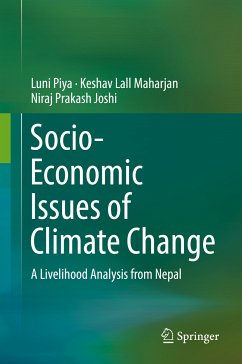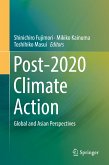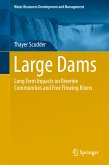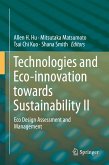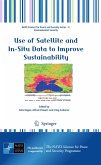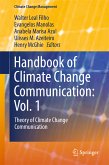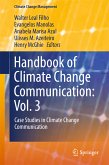This book conducts a holistic analysis of climate change perceptions, vulnerabilities, impacts, and adaptation, based on the primary household-data collected from the Chepang community residing in the rural Mid-Hills of Nepal. Socio-economic and demographic data from the household survey is integrated with meteorological and spatial data to conduct an integrated analysis. Quantitative analysis is also supplemented by qualitative information. Given the context of ongoing climate change, the livelihoods issues of a highly marginalized Chepang community form the center-point of analysis. The book demonstrates that balanced assets possession is a prerequisite to strengthen the adaptive capacity of the households. Furthermore, the ability of translating adaptive capacity into adaptation actions is determined by the households' ability to correctly perceive the changes and their access to various assets. The book recommends to ensure the availability of non-farm livelihood opportunities along with access to formal/vocational education and skill development training as these are the key factors contributing to reduce the vulnerability. The book concludes that mainstreaming of climate change into development efforts is a must for sustainable development.
Dieser Download kann aus rechtlichen Gründen nur mit Rechnungsadresse in A, B, BG, CY, CZ, D, DK, EW, E, FIN, F, GR, HR, H, IRL, I, LT, L, LR, M, NL, PL, P, R, S, SLO, SK ausgeliefert werden.
Hinweis: Dieser Artikel kann nur an eine deutsche Lieferadresse ausgeliefert werden.

